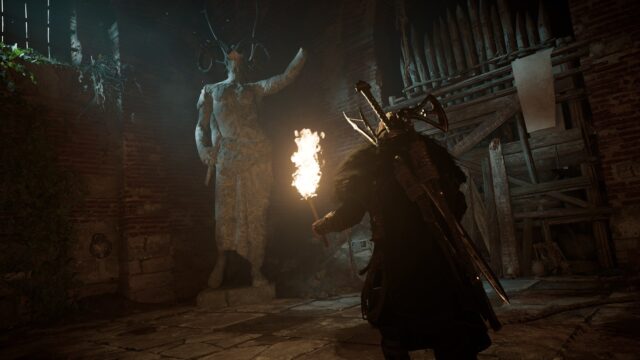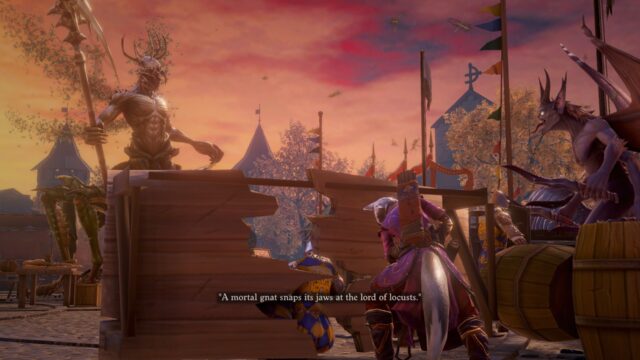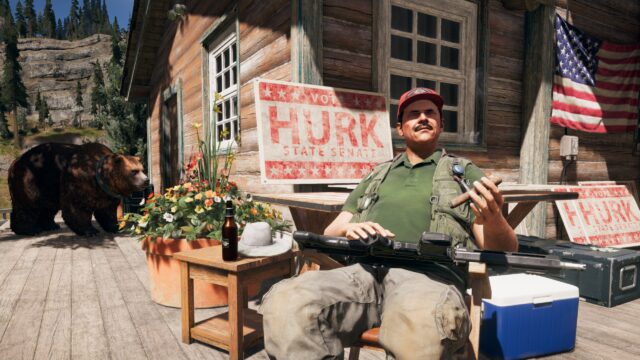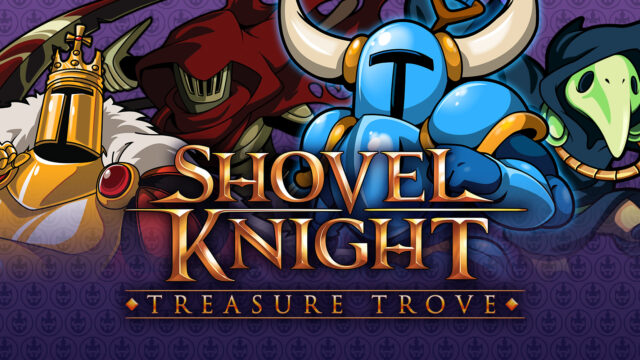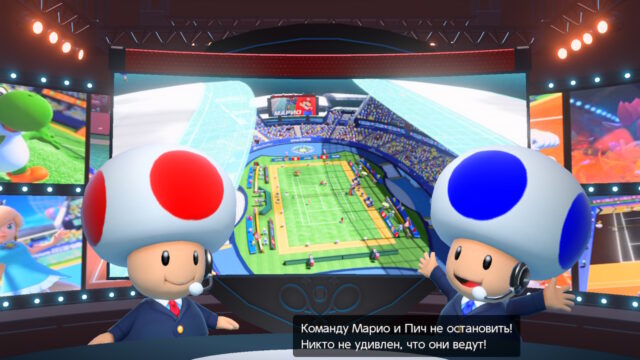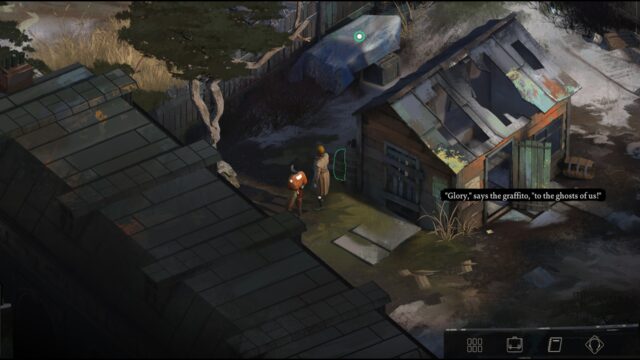Flashback Remake Review
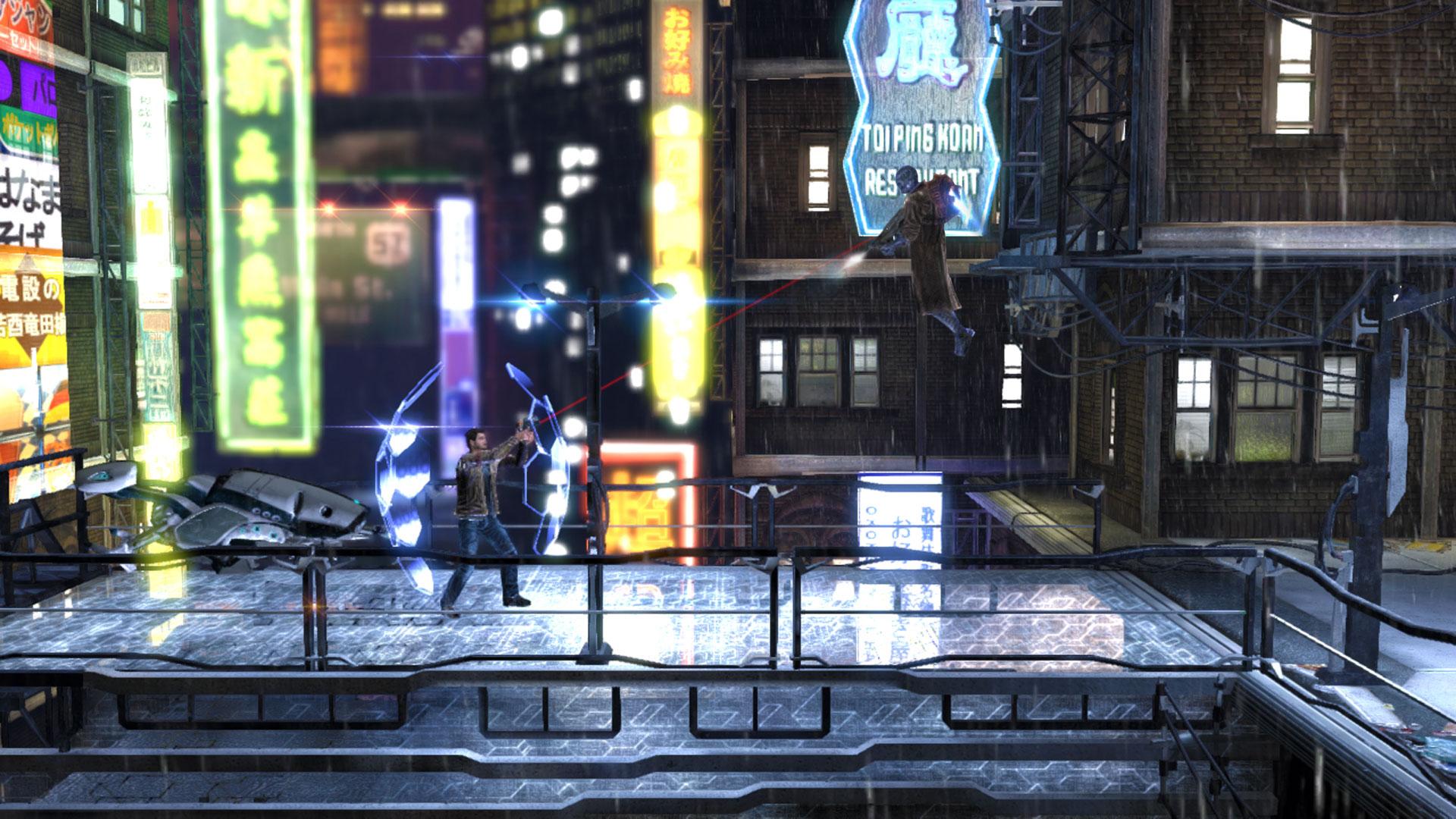
Launching the game, you realize that you can play – completely and fully – the original, released way back in 1992. At first, it seems that this move by VectorCell – the developer of the new Flashback – is overly magnificent, but in reality, the message is ridiculously simple: look how far we’ve come. The idea is to play the original a little bit, and then marvel at the difference in game design and technologies that have emerged in the last ten years.
But comparing the two Flashbacks leads to completely opposite results. This move clearly highlights all the shortcomings of the new game, the main one being the complete lack of foresight in creating a remake of a game like Flashback. But at least it’s an interesting subject for research on how game design has changed for the better or worse in 20 years.
But let’s start with the good. The new Flashback is much more accessible than its predecessor. The controls are not as demanding, and the difficulty curve is not as deadly. When you jump, you simply jump – without any rotoscopic agony (even though it was beautifully done) that takes away precious fractions of a second. And besides, you no longer need to press an additional button just to draw your weapon – simply aim at the enemy and pull the trigger.
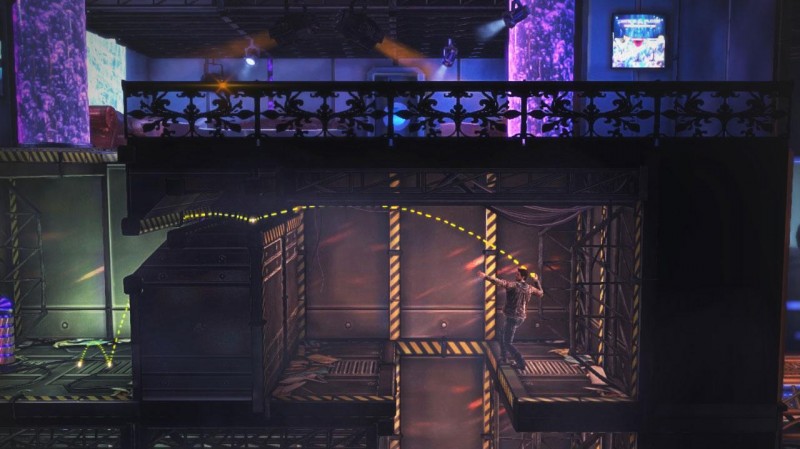
As for the visual aspect, it is striking – in this regard, the new Flashback has undergone a serious overhaul. And it has benefited from it. New Washington has acquired attractive futuristic details, and as we return to Earth, we see a dark and rainy dystopia, dotted with neon signs and intertwined with an endless stream of flying cars. All these cyberpunk attributes evoke pleasant memories, although, it would seem, they should have long been a bone in the throat.
The plot has undergone very minor changes. We once again step into the shoes of Conrad B. Hart, a galactic superagent with amnesia, who wakes up in the jungles of the moon Titan with knowledge of an alien chameleon conspiracy intending to take over Earth. Like in the original, the story ends with Conrad arriving on the aliens’ home planet to deal with them once and for all.
Okay, the plots of the Flashback games are similar, but the overall feel is definitely different. In the original, there was a oppressive atmosphere: partly because of the challenging gameplay, but also thanks to the rare effects and music. In contrast to the silence and graphic austerity, they seemed even more striking. Shots with devastating force shattered the silence like explosions. Among other things, the game clearly saved on dialogues, which helped maintain a mysterious and enigmatic atmosphere.
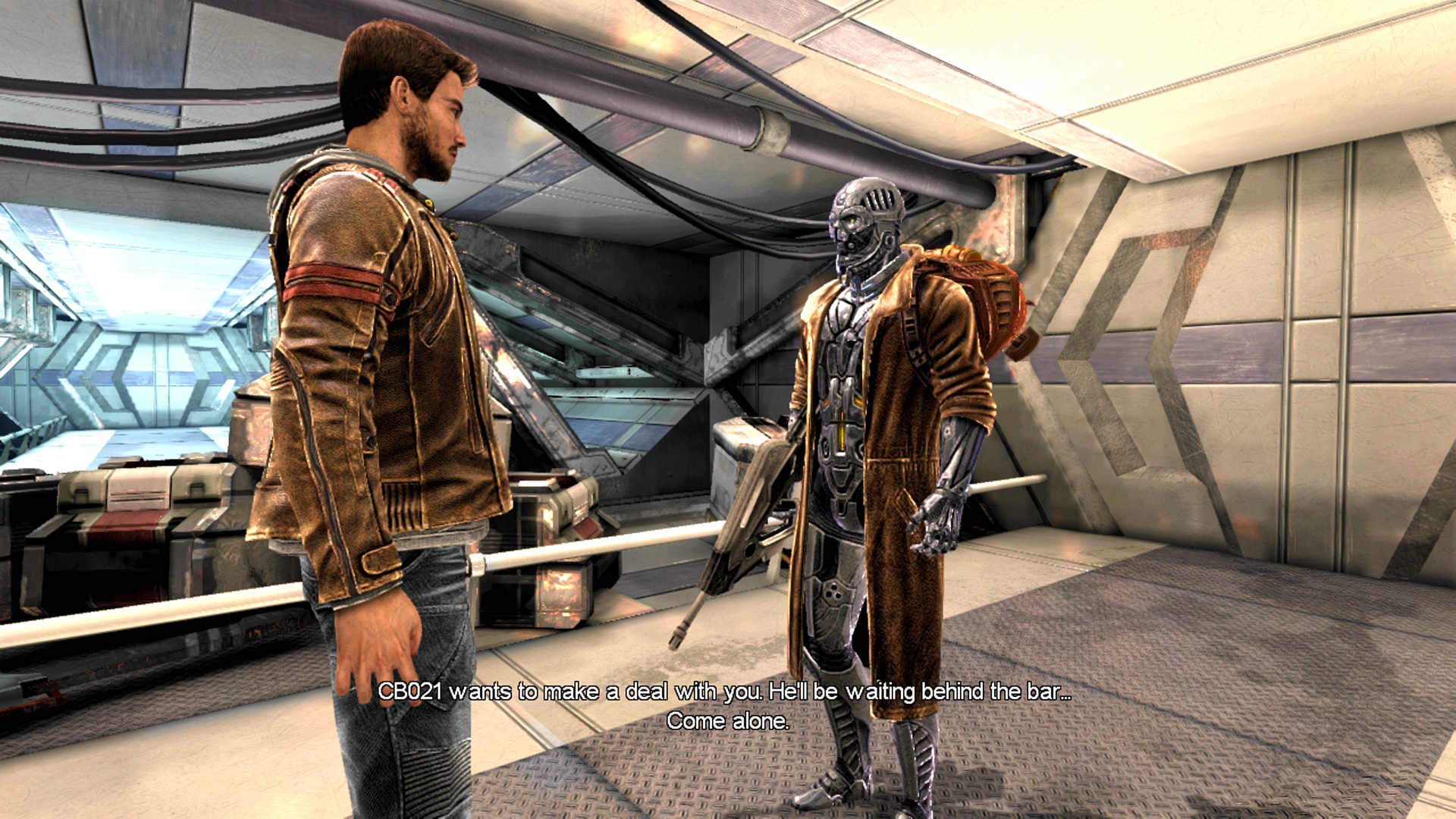
Now the protagonist has a voice, but unfortunately, our protagonist is Conrad B. Bland, a man who cuts his hair and dresses like Nathan Drake, but in the pursuit of style loses all charisma. Every line from the main character completely undermines any hint of tension. The original was known for its sparkling wit, but this is another reminder that games usually show, rather than tell.
“I’ll thank you when you’re dead,” Conrad says, and it sounds like a squeezed lemon is delivering the line, not an intergalactic operative. “If you don’t know who I am, they won’t either!” allies sparkle with mysterious puns. At least the actor voicing the English-speaking Conrad has a certain grace that is enough to portray surprise – other lines from the main character make you tremble and break the fourth wall with a crash. However, the black and white comic inserts managed to bring confusion into what seemed like a simple story. What is worth the clumsy introduction of a symbolic romantic interest (for Conrad) in a scene – a truly monstrous scene – where she hysterically cries during a phone conversation.
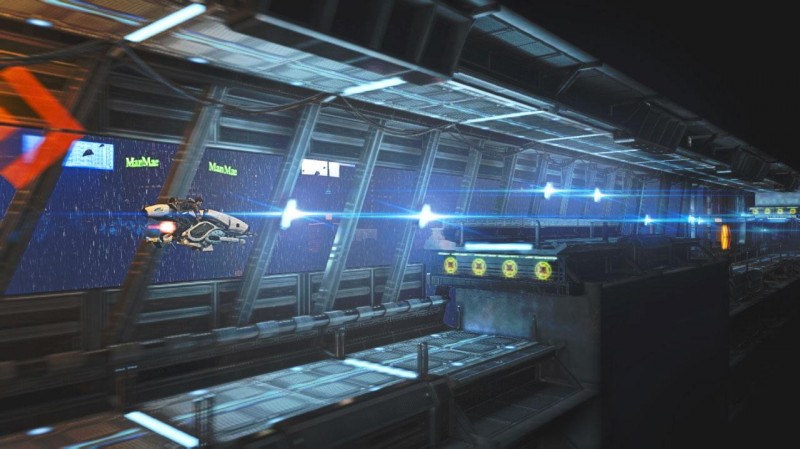
And if the execution leaves something to be desired, then attempts to enliven the narrative are a kind of concession to the modern audience. Not a surprising concession at all. The same goes for the skewed difficulty curve – the remake is much easier than the original. The old Flashback was so challenging that most players encountered their first death already in the second location. Mutants could take you out with just a couple of shots from their alien shotguns, and to deal with a robot, you had to hit its extending limb directly.
Now, the main threat comes from spherical flying drones that spiral down after just two or three hits. Additionally, you will never get lost because the target marker will always point towards the next destination (although you can simply turn it off), and platforms that you can climb onto are highlighted with special icons – a great idea, but it doesn’t always work, especially when you arrive on an alien planet where everything is colored purple.
Furthermore, the invisible (at close range) mines from the first game have returned, but they rarely kill you instantly like before. Moreover, you can detect them using molecular goggles – something like the “Detective Mode” from the recent Batman games – and not only them, but also other threats, as well as fragile doors. This would have been a good addition if the game required you to be cautious, but you won’t be sneaking into every new room on tiptoes like in the original. Every time an enemy appears nearby, the columns explode with a splash of dramatic music, and Conrad automatically pulls out his gun, thus dispelling any hint of tension.
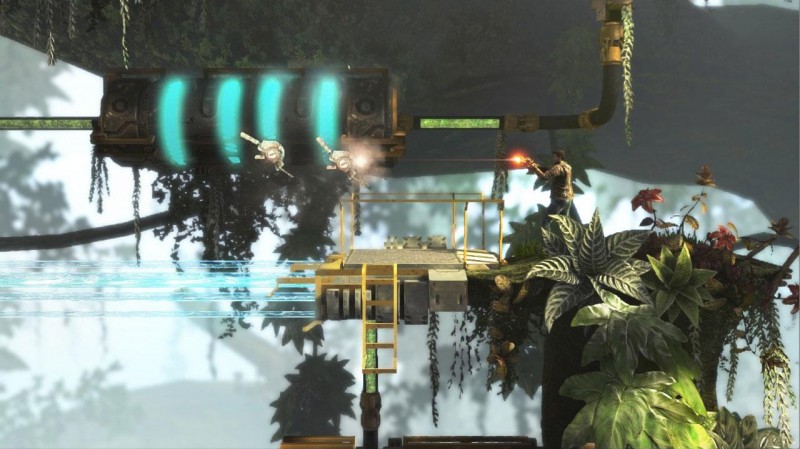
But one way or another, enemies are more than just an obstacle. The fights in Flashback may not always have boasted elegance, but clever players could find the opportunity to take down opponents with surgical precision. Pull out the gun, jump down, crouch, shoot, turn around and shoot again: two shots, two corpses. Here, however, you’re more likely to shoot right and left, spinning around the enemy and repeating the same actions until the music stops.
However, VectorCell didn’t completely abandon instant death. If you fall from a great height or encounter a laser beam, it’s still an unconditional game over. But I wouldn’t say it’s a developer oversight, as it’s usually the result of your own overconfidence or recklessness. But when the cause is careless design, it’s hard to understand, let alone forgive. On one of the levels, you descend to the lower floors of a nightclub, and you’re killed only because you don’t jump off the elevator halfway down. There’s nothing there that could kill you – the level designers simply didn’t want you to go there. Of course, this is not the only flaw I encountered, but other shortcomings can be quite entertaining, like in Saints Row. For example, take the case when Conrad was shot by a turret, and he casually made his way through the breach, only to collapse dead as soon as he reached the other side.
Alright, let’s attribute these quirks to, perhaps, a limited budget, but the leveling system is completely incomprehensible. Conrad earns points that can be spent on increasing weapon accuracy or making shots deal more damage, but the effect of leveling up is barely noticeable, not least because as you progress, enemies become stronger and stronger. And I see no other reason for this than the fact that the developers were simply trying to keep up with other modern games with simplified RPG mechanics. However, before introducing this gameplay element, they should have thought twice, or even three times.
***
You would never say anything like that about the original Flashback. Even with all its flaws. It could be clumsy and rough around the edges, but it had a clear goal and a clear vision. The anniversary edition lacks all of that. Time has not been kind to the original Flashback – like other games released in 1992 – but even now, 20 years later, we still remember it. And to forget about the remake, it only takes 20 days.
Share
Discuss
More Reviews
